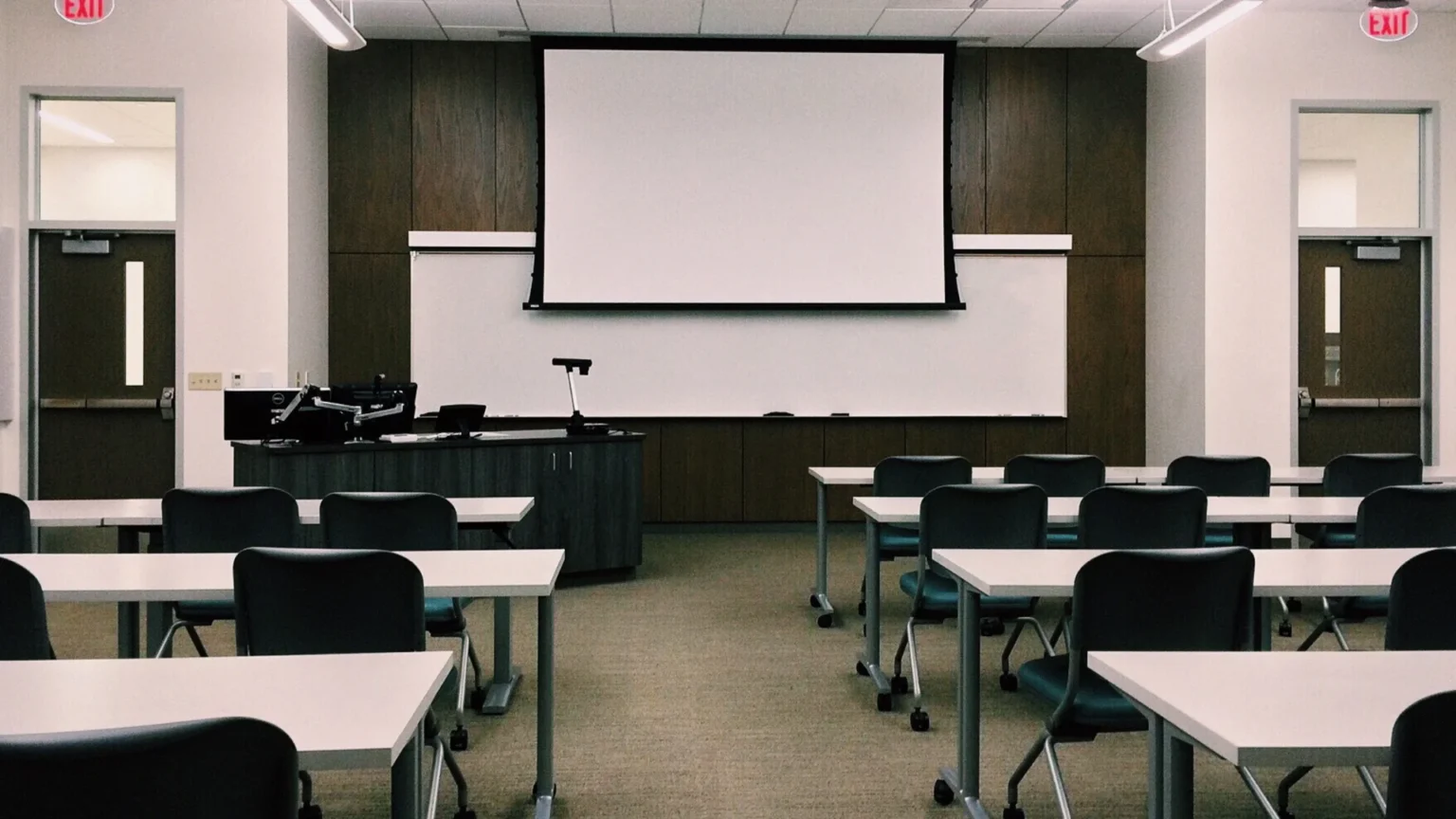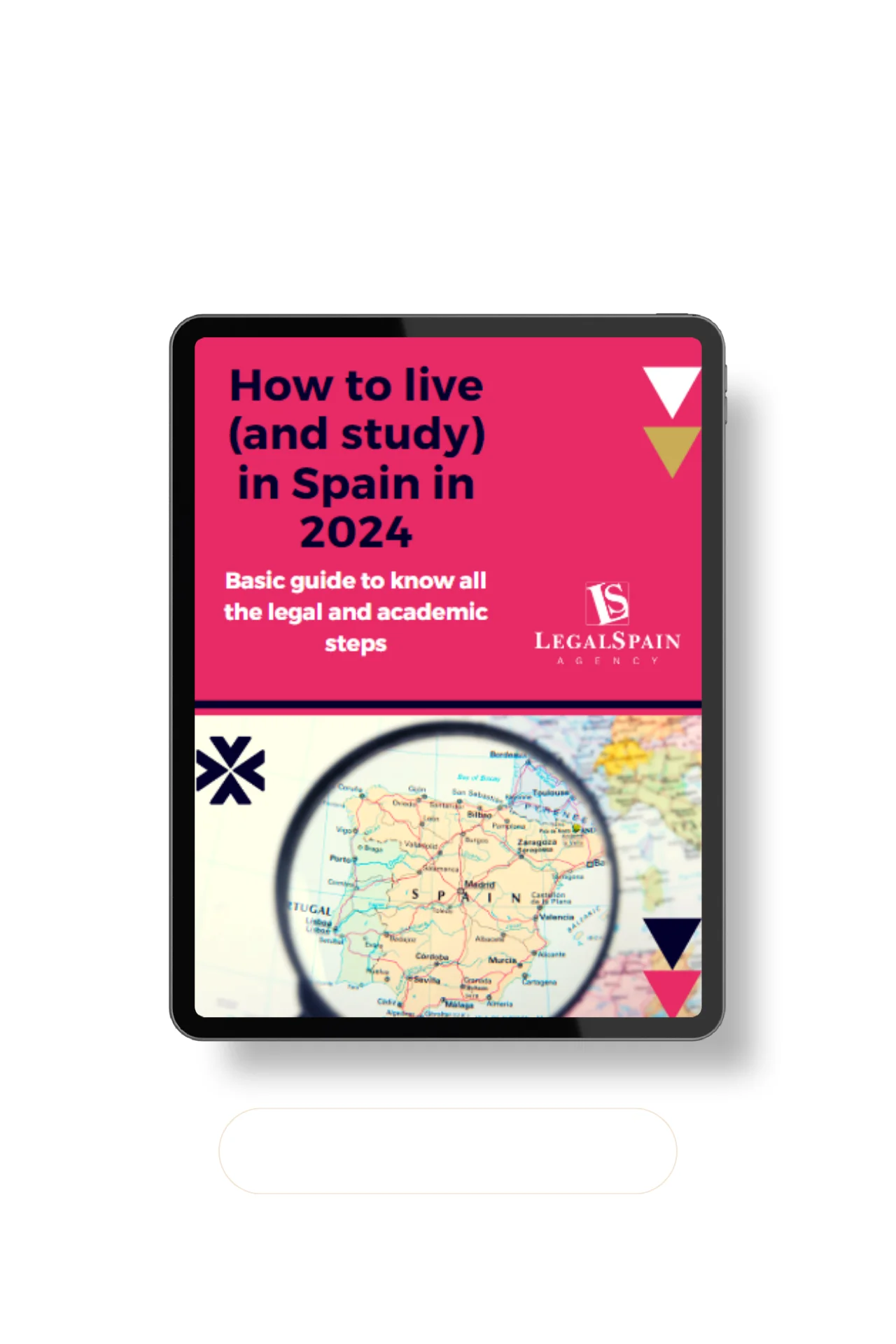What are the Specific Competency Tests (PCE)?
The PCE or Pruebas de Competencias Específicas (Specific Competency Tests) are exams designed to assess a student’s level for admission to Spanish universities. The assessment is based on previously published criteria and content, and the results are given a numerical score to form an admission grade. This grade is used when applying for spots at universities. The higher the grade, the better the chances of being admitted to the desired program.
Who organizes them?
The PCE are managed by UNED, the National Distance Education University. Through its UNEDasiss program, it organizes the tests, grades the exams, and forms a final admission grade, which is sent to the university/ies chosen by the student for evaluation in the application process.
Is it necessary to take these tests?
As mentioned in the introduction, it is essential for students and their families to be familiar with the requirements for accessing the desired program and university. LegalSpain recommends organizing personalized advice to understand all the steps to follow and address any questions that may arise during this process.
To determine if it is necessary to take the PCE, one must consider, among other things:
- The country where the high school diploma was obtained. Countries with a reciprocity agreement (EU and China) and IB (International Baccalaureate) studies may benefit from not having to take subjects or fewer exams than high school graduates who complete their studies in non-EU countries.
- Destination university. All public universities accept the PCE (some also accept EBAU, the Spanish Selectividad), and many private ones do as well. In the case of private universities, it may be possible to access with their own tests, unrelated to the PCE.
- Degree of access. In some cases, there are degrees with spots that are not filled. It is possible to access these programs without taking the PCE, by only managing the high school diploma’s accreditation or the UNEDasiss Credential. However, there are not many degrees in this condition, so it is not usually a general rule.
When are the exams?
There are two examination sessions throughout the year:
- An ordinary session, usually held in late May in Spain and early June in other countries. The registration period is typically from late February to early May.
- An extraordinary session, with exams taking place in early September in all countries. The registration dates are from late June to mid-July.
Where are the exams held?
The Specific Competency Tests can be taken at UNED centers. The validity and difficulty of the tests are the same, so it is advisable to take the exams where it is most convenient for the student. There are centers in all cities in Spain and many countries:
- America: Bogotá, Mexico City, Caracas, Lima, New York, Seattle, Buenos Aires, Quito, Havana, Santiago de Chile…
- Africa: Rabat, Bata, Casablanca, Malabo…
- Europe: Paris, Berlin, Bern, Brussels, London, Munich, Rome…
- Asia: Moscow, Tehran…
Each year, new centers are added. In some cases, in cities where there is no center, the tests can be taken at Spanish embassies (after confirming with UNED).
What subjects do I need to take?
If you need to take the tests, it is crucial to know how many subjects are necessary to achieve the highest grade and meet each university’s requirements. As mentioned earlier, this requires personalization, as not all students have to take the same tests for the same university and degree. In general:
- If you have an EU, IB, or Chinese high school diploma: you can achieve the highest grade by preparing 2 subjects (can be 4, with the 2 highest scores counting).
- If you have a high school diploma issued in a different country or system: you can achieve the highest score with 2, 4, or 6 subjects, depending on the Spanish region. Some examples:
-
-
- Madrid: 4 subjects and modality criteria.
- Catalonia: 6 subjects and EBAU formation.
- Valencia: 4 subjects.
- Andalusia: 6 subjects and EBAU formation.
- Galicia: 2 subjects.
-
How can I prepare for these tests?
The PCE has a level similar to the second year of high school in Spain. If you need to take the PCE, the best option is to prepare with a specialized academy. There are many resources online, videos on various platforms, but none with the necessary focus to achieve the highest grade. Each year, the assessable content and characteristics are subject to change, so it’s essential to be careful not to study excessively (more content than necessary) or insufficiently (less than assessable).
In summary, if you want to ensure success, access all necessary resources, practice the tests, and learn how to answer the exams, the only option is to hire an educational service. LegalSpain has a collaboration agreement with Escuela PCE, a leading online academy for preparing these exams (from the student’s home, without having to travel to Spain), to create preparation packages for the tests and document management. Ask us, and we’ll inform you.
Conclusion
The university entrance exams are a hurdle that must be overcome to achieve the dream of studying at a Spanish faculty. The PCE are the tests that most students take. They are mid-level tests but require minimal preparation to guarantee a good score. If not prepared, time (study) and money (exam fees) will be wasted. In almost all cases, it is better to take them. Only in a few cases can they be avoided. Moreover, avoiding travel and accommodation costs, they can be prepared online and taken in the student’s home country.




